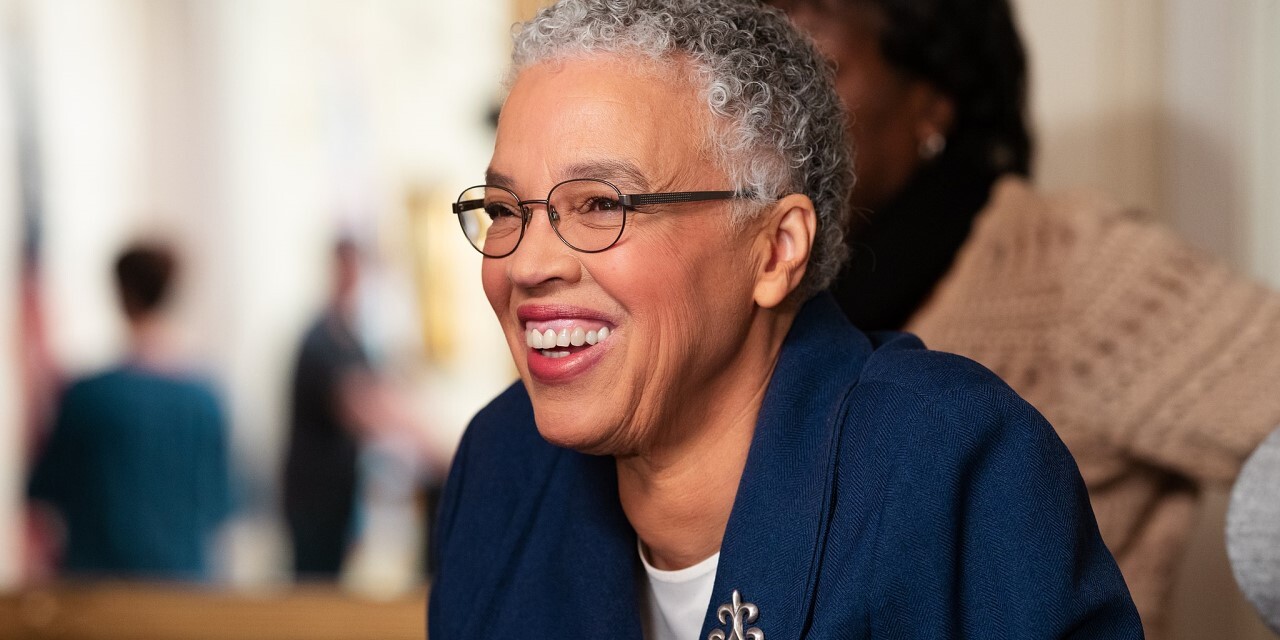Saul Chavez, a Mexican man who allegedly killed an elderly Chicago man while driving drunk and in the U.S. illegally, has been apprehended in Mexico, where he fled immediately after he was released on bail in 2011, when Cook County officials refused to honor a request from federal immigration authorities to hold him.
That flight, in turn, spawned a years-long court battle in which Cook County Sheriff Tom Dart prevailed against the slain man’s family, who had sought a court ruling declaring the county had acted improperly in allowing Chavez to walk free. The lawsuit also failed to force the county to cooperate with U.S. Immigration and Customs Enforcement (ICE) when handling illegal immigrants charged with crimes in the future.
According to a statement from the Cook County Sheriff’s office, Saul Chavez, 47, was extradited from Mexico to the U.S. According to the statement, Chavez had been apprehended by the FBI, and was transferred into the custody of the Cook County Sheriff’s Office.

Saul Chavez was captured by the FBI in Mexico, where he fled after he posted bond facing charges in connection with the death of Denny McCann in 2011.
| FBI
Chavez had been wanted by the FBI and Chicago Police for more than a decade.
In 2011, Chavez was charged with aggravated DUI after Chicago Police said he was behind the wheel of a vehicle that struck and killed William “Denny” McCann. According to published reports, Denny McCann, 66, was crossing Kedzie Avenue in Chicago’s Logan Square neighborhood on June 8, when a Dodge Dart, driven by Chavez, struck McCann.
According to a report published by The Chicago Tribune, a witness to the incident claimed McCann was flung up onto the car’s windshield, and then onto the ground, where he was run over and dragged before the car finally came to a stop.
Chavez, who had already completed a two-year probation sentence for a different DUI conviction, was charged with a felony aggravated DUI. A Cook County judge ordered him held on $250,000 bond, with 10% to apply.
He posted bond in November, and he was allowed to go free. His release came despite a request from ICE to notify the agency, if the county was to release him.
However, at the same time, Cook County officials, led by Cook County Board President Toni Preckwinkle and then-Cook County Commissioner Jesus “Chuy” Garcia, implemented a new ordinance directing the sheriff’s office to not cooperate with ICE when dealing with prisoners in the country illegally.
Garcia, a congressman who currently represents Illinois’ 4th District in the U.S. House of Representatives, is currently considered one of the frontrunners in the race to be the next mayor of Chicago.
When Chavez was released from jail, the request from ICE was ignored and Chavez immediately fled to Mexico, where he remained for 11 years, until he was captured by the FBI this month.
The Cook County Sheriff’s Office said Chavez appeared before a judge in Cook County on Dec. 10 and was ordered held in custody without bond. He now faces additional criminal counts related to his decision to flee the U.S.
Following Chavez’s flight, Denny McCann’s brother, Brian McCann, filed suit in state court.
In the litigation, Brian McCann sought court orders declaring Cook County had illegally refused to cooperate with federal authorities on matters of immigration.
Judges, however, tossed out McCann’s lawsuit.
In 2014, former Cook County Judge Jean Prendergast Rooney ruled Brian McCann had no legal standing to file his lawsuit.
McCann had argued as a citizen of Cook County, he could sue to force the sheriff and other county officials to carry out their duties under immigration law and other laws.
The judge, however, said McCann could not establish any legal grievance against the sheriff or Cook County beyond “the general threat to public safety experienced by the public at large” that might arise from the county’s refusal to cooperate with ICE when requested to “detain aliens” charged with crimes.
The judge declined to rule on the merits of McCann’s complaint, that the sheriff and county had a legal obligation under federal immigration laws to cooperate with ICE.
Judge Prendergast Rooney died in 2015.
Her ruling was upheld on appeal. In March 2015, a three-justice panel of the Illinois First District Appellate Court dismissed McCann’s appeal, saying they believed his appellate filings failed to comply court rules and “did not argue the merits of his underlying claim.”
The court, however, also denied McCann’s request for a rehearing on the matter a month later.
The appellate order was authored by First District Appellate Justice Margaret Stanton McBride. Justices Robert Gordon and Jesse Reyes concurred in that decision.
McCann said the Illinois Supreme Court declined to take his petition for leave to appeal.
An attorney who represented McCann in that litigation did not respond to a message from the Cook County Record seeking comment on Chavez’s recapture and pending trial.
In a statement released to the press and others, McCann thanked his supporters through the last “11 years of calls, warrants, testimony letters and e-mails,” leading up to the recapture of Saul Chavez.
He said a Cook County assistant state’s attorney has assured him that “prosecution is certain given Saul's fugitive status and the evidence presented.”
But McCann said he “remains skeptical,” as the ordinance and policies that “allowed Chavez to flee” were instituted by powerful Illinois Democrats, including Garcia and Preckwinkle.
“Sheriff Dart should have never allowed Chavez to be released,” McCann said, citing the detainer request from ICE.
In their statement, the sheriff’s office said they “had no input into any bonds or conditions of bond that were set for any of Mr. Chavez’s cases.”
The sheriff’s office also opposed the ordinance forbidding cooperation with ICE when it was introduced in 2011.
As to his lack of success in overturning that ordinance and county policies in court, McCann said: “Welcome to Illinois.”
